The loyalty and engagement assessments were predictive of how consumers were going to behave in the marketplace, and they did!
It was Dizzy Dean, the baseball pitcher who played for the St. Louis Cardinals, the Browns, and the Chicago Cubs, who originally said, “It ain’t bragging if you can do it.” And he did. Do it, I mean. He pitched 30 winning games in the ’34 season, which was the record up till then in the National League, so he absolutely had bragging rights.
I’m not sure if the phrase “bragging rights” is part of the current lexicon, but it comes from Old Norse, “braka,” meaning “to creak noisily, and is the root for Middle English, “braggen,” which meant “speak boastfully,” or the adjectival form, “bragg,” which meant “prideful.” Today, the dictionary defines bragging as, “speaking with exaggeration and excessive pride, especially about oneself.” So, based on the etymology there’s the reek of reproachful self-glorification around it.
On the other hand, science has shown by talking about ourselves we get a pleasure “hit” of dopamine on our brains. That’s a neurotransmitter your body makes, and your brain uses, to send messages between nerve cells. It plays a role in how we feel pleasure. Big time! So, bragging may not be as bad as the dictionary makes it sound. Particularly if Dizzy was right.
Why this preamble? Well, I was getting ready to brag. Not about myself, but about predictive metrics. Yeah, I know that’s a leitmotif to my work and columns. Predictive metrics, I mean. Not bragging. But I’m talking about real predictive metrics. Ones that identify consumer values and expectations describing how consumers will view, compare, and buy in categories. “Buying” being the critical part of that sentence given branding and marketing are businesses and not hobbies. Predictive values and expectations describe what consumers truly desire, then serve as a yardstick of how well they see your brand delivering. OK, enough evangelizing. Time to brag.
We released our Brand Keys Customer Loyalty Engagement Index (CLEI) at the end of January. The assessments are predictive of brand success. Always. It’s a behavioral model. The better the brand does on our measures, it predicts how consumers will behave toward the brand, or, more specifically, how much better they’re going to behave toward the brand. Axiomatically, if consumers behave better toward you, you ought to do better too. Better consumer engagement, better sales, better profits.
So where do the bragging rights come into play? Well, the assessments told us who was going to do well, and now the marketplace is proving us right. We predicted and the marketplace provided, so here’s a little backup:
As examples, I’m not telling you Amazon was tops in Online Retail, either. It was, but truth be told, you didn’t need our loyalty and engagement assessments to tell you that was going to happen. (But BTW, we did have them #1 and their 1Q ’21 sales are predicted to be between $100 billion and $106 billion, with operating income projected at $3 billion to $6.5 billion. Yes, that was billion!) But here are some other examples, also in the Retail sector.
Home Depot – in Home Improvement Retail sector – was #1 in their category in the CLEI. Their revenue increased 20%. And yes, Americans spent more time fixing and renovating their homes. And yes, some of this pandemically-fueled, but we measure more than just one brand in the Home Improvement category and Home Depot was rated best at meeting customer expectations and building (no put intended) high levels of emotional engagement.
Coincidence, I hear you think. Let’s look at the other end of the ratings. Of the 8 Department Stores included in our Index, Macy’s ranked #5. So how did they do? Macy’s sales tumbled 30%. And yes, the pandemic had its effects, but you can’t have it both ways. The survey was conducted at the same time and during the same COVID-19 crisis. The loyalty and engagement assessments were predictive of how consumers were going to behave in the marketplace, and they did!
Others? Delta was #1 in the Airline category. Everyone knows that the airlines have suffered in the past year, so I can’t offer any hopeful profit statements to back up their #1 position in the CLEI. Delta did lose money, but less than other airlines. It was, in fact, the pandemic that ended a decade in which Delta turned out a profit each and every year. Will you accept a surrogate? According to multiple Best-and-Worst ratings, Delta was #1 on those too. Is it a coincidence that Delta was the first airline to block the middle seat to meet traveler expectations for pandemic safety measure and, ultimately, ended up with fewer complaints than any other airline regarding refunds, fares, and reservation issues? Not according to our predictive metrics it’s not!
One final example. Zoom was #1 in Video Chat/Conferencing. They announced a revenue increase of 41% after more than quadrupling it to $2.65 billion. Their growth outpaced their own projections. But not ours! And again, with the rise of remote and work-from-home there have been changes in sector use, but we evaluated 9 competitive brands and Zoom best met the expectations consumers held for what drives loyalty – and ultimately profitability – in their category.
Expectations always point to what consumers really desire. Brands that best deliver on those expectations always end up #1. OK, sometimes #2, but never ever #5 or #8. Just saying. OK, bragging. Correlations with our brand assessments and bottom lines are generally 0.80+, which is very, very high. A lot higher than anything satisfaction or Net Promoter Scores can deliver. Yeah, another brag. But emotional engagement and the ability to meet real expectations really works, especially if you want to add something predictive to your brand’s marketing toolbox. You can check out the other 89 category #1’s here: https://brandkeys.com/customer-loyalty-engagement-index/
So yeah. A bit of bragging on our part. But to quote another great athlete, Muhammad Ali, “It ain’t bragging if you can back it up!”
 Robert Passikoff is founder and CEO of Brand Keys. He has received several awards for market research innovation including the prestigious Gold Ogilvy Award and is the author of 3 marketing and branding books including the best-seller, Predicting Market Success. Robert is also a frequent contributor to TheCustomer.
Robert Passikoff is founder and CEO of Brand Keys. He has received several awards for market research innovation including the prestigious Gold Ogilvy Award and is the author of 3 marketing and branding books including the best-seller, Predicting Market Success. Robert is also a frequent contributor to TheCustomer.
Photo by Library of Congress on Unsplash.


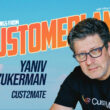


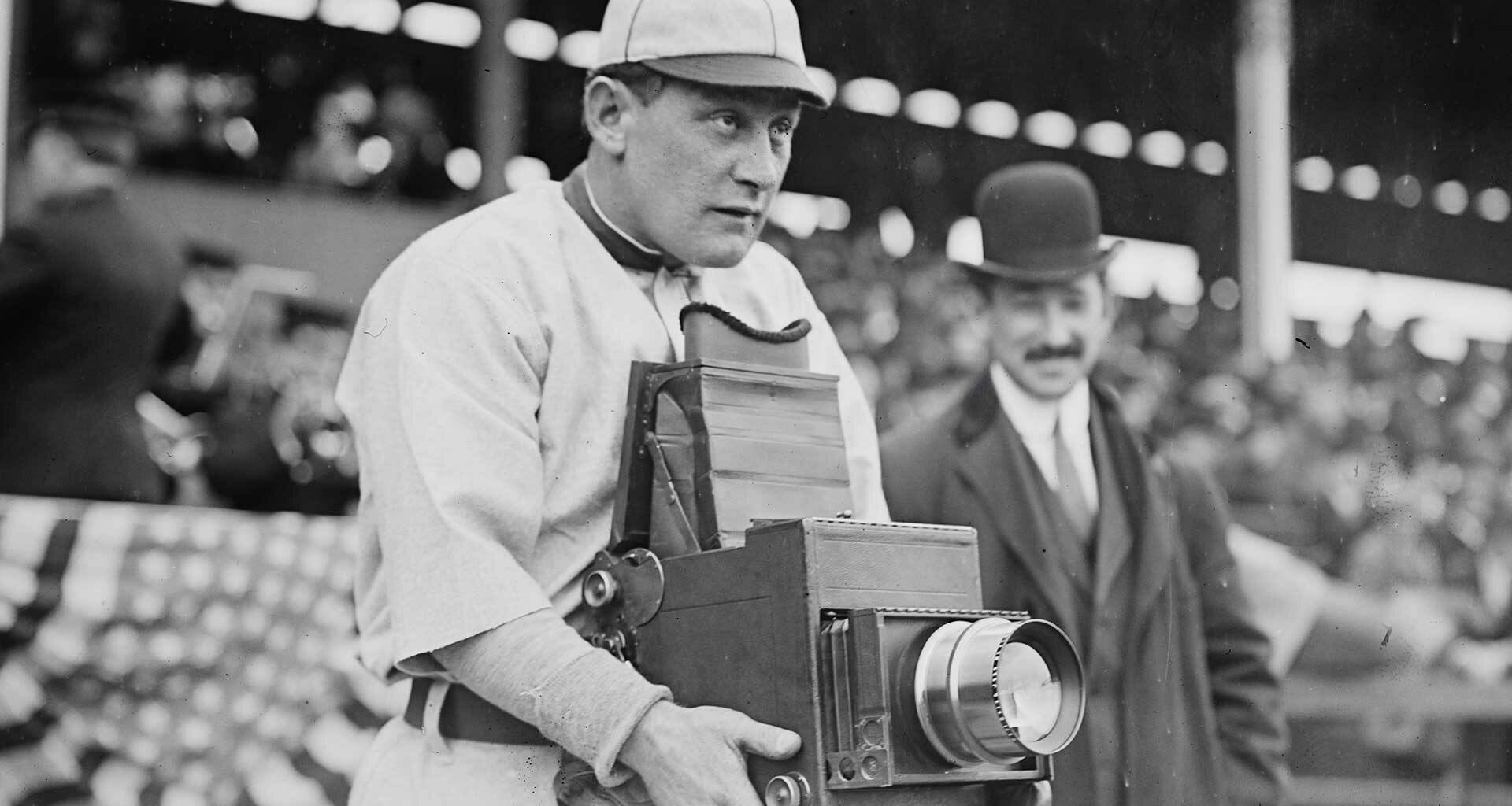

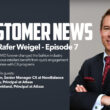


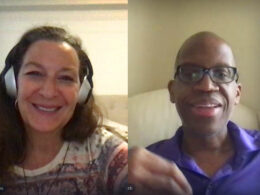

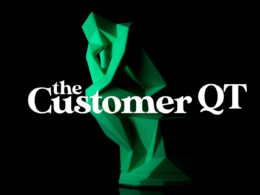

4 comments